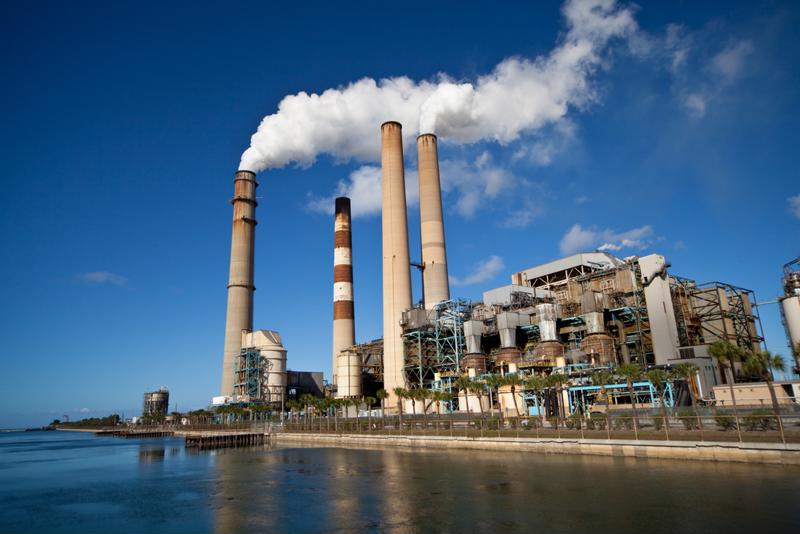The good news on this front is that, in a recent survey from the global bank Standard Chartered, 78% of large multinational companies will begin to remove external suppliers from their operations if those suppliers compromise the companies' carbon transition plans by 2025. This is vital because respondents reported that for these massive corporations, supply chain emissions accounted for 73% of their organizations' total carbon footprint and two-thirds believed addressing this issue is the first step to reducing their impact. Put another way, even if they could reduce their own internal carbon outputs, the impact wouldn't be as significant, and therefore it's not at the top of their list.

One way in which 57% of these companies will take such steps is by transitioning away from suppliers based in emerging markets, and focus on those in already-developed regions, the survey showed. The reason why? Nearly 2 in 3 believe the suppliers in emerging markets will struggle to meet emissions targets, and they're willing to pay more to do so; 45% of respondents said they would be willing to pay 7% more on average to buy goods and services from suppliers with net-zero emissions.
Understanding the costs
Indeed, one of the biggest reasons why companies may be hesitant to switch suppliers — apart from the established relationships they've leaned on for years — is that they may be worried about the increased price, and the effect that passing it on to the consumer would have on their bottom lines, according to Fortune. However, there's growing evidence to suggest that the increase wouldn't be that substantial. In fact, the "7% more" cited by the multinational corporations responding to the Standard Chartered survey might be overshooting things.
Data from the World Economic Forum cited by Fortune shows that the largest increase in consumer prices to de-carbonize various sectors' supply chains would be for food — at just 4%. Likewise, construction costs as a share of consumer price would only rise about 3%, and the number drops to 2% for the fashion and auto industries. Finally, decarbonized electronics manufacturing would increase prices just 1%.
A specific example
One of the sub-industries that is among the biggest carbon producers is beef production, as its supply chains produce about 6% of all global greenhouse gas emissions, according to estimates from Rabo Bank. However, if practices are changed in major markets like North America, Europe, Oceania and some of the larger producers in South America, those emissions can be reduced by as much as 30% before the end of the decade. Many companies in the industry have set high goals and are moving quickly to meet them.
Likewise, you may want to consider the impact (large or small) your supply chain has on global emissions, and perhaps move to take similar steps in the near future.



Post A Comment:
0 comments so far,add yours